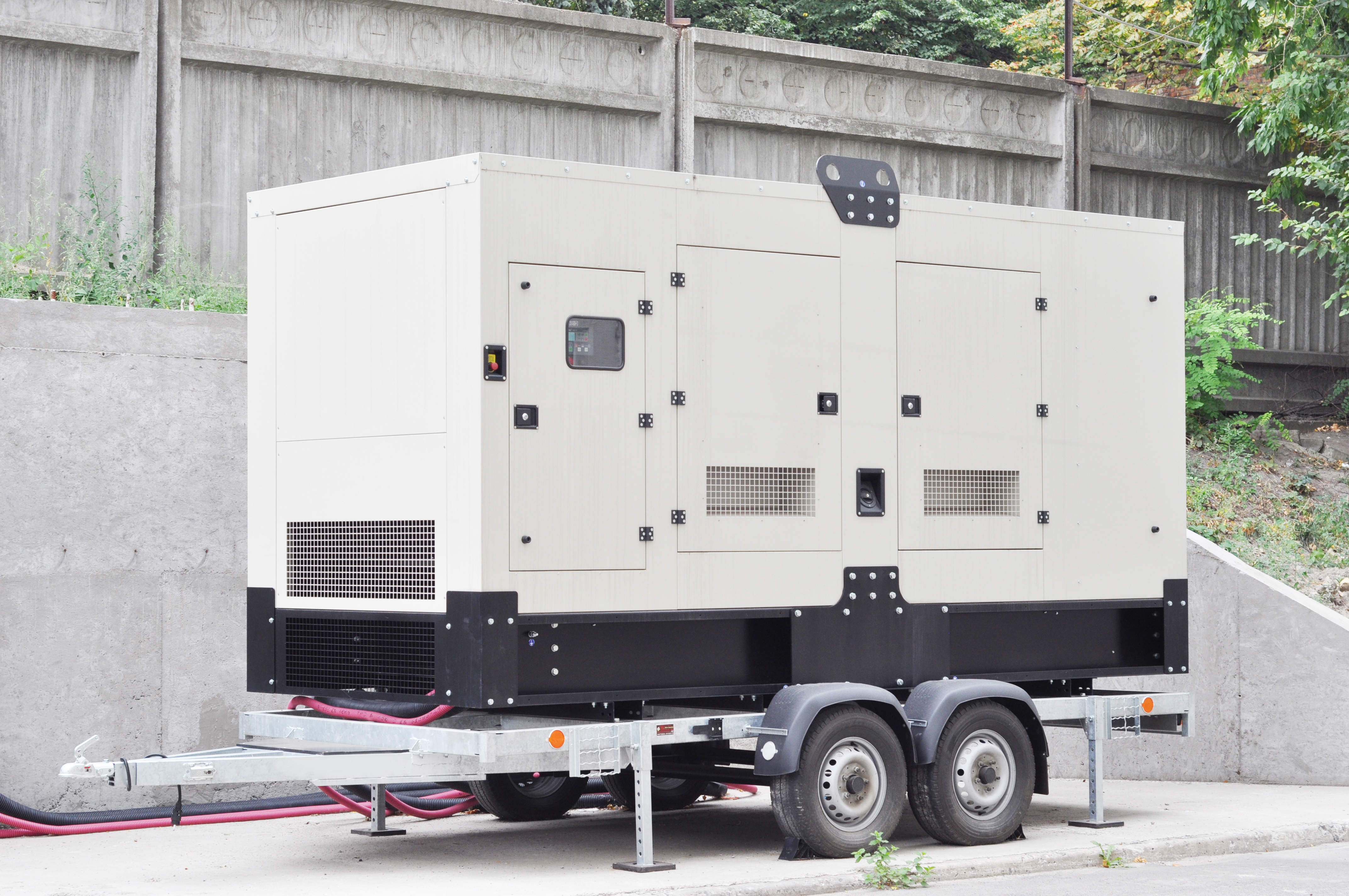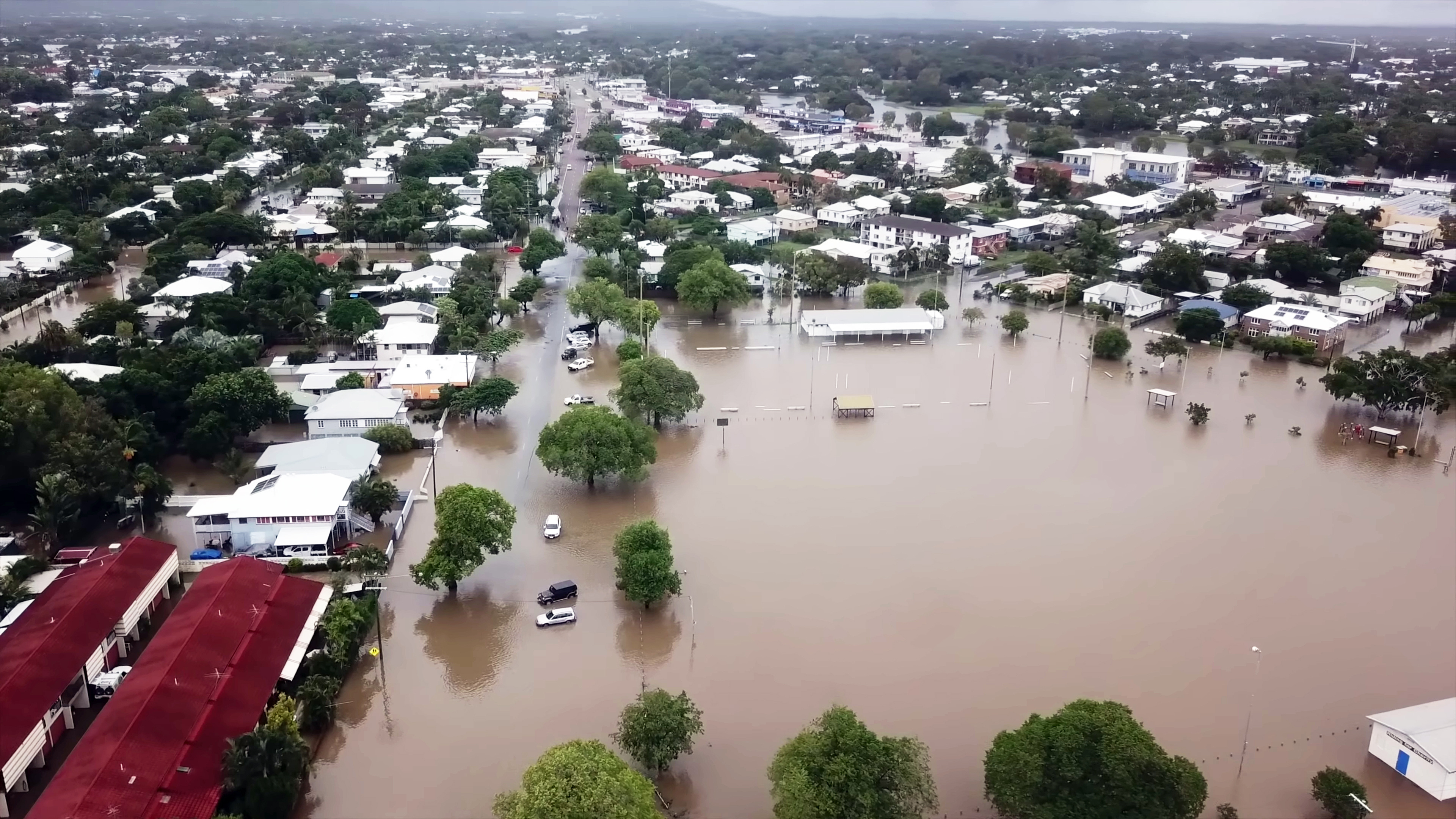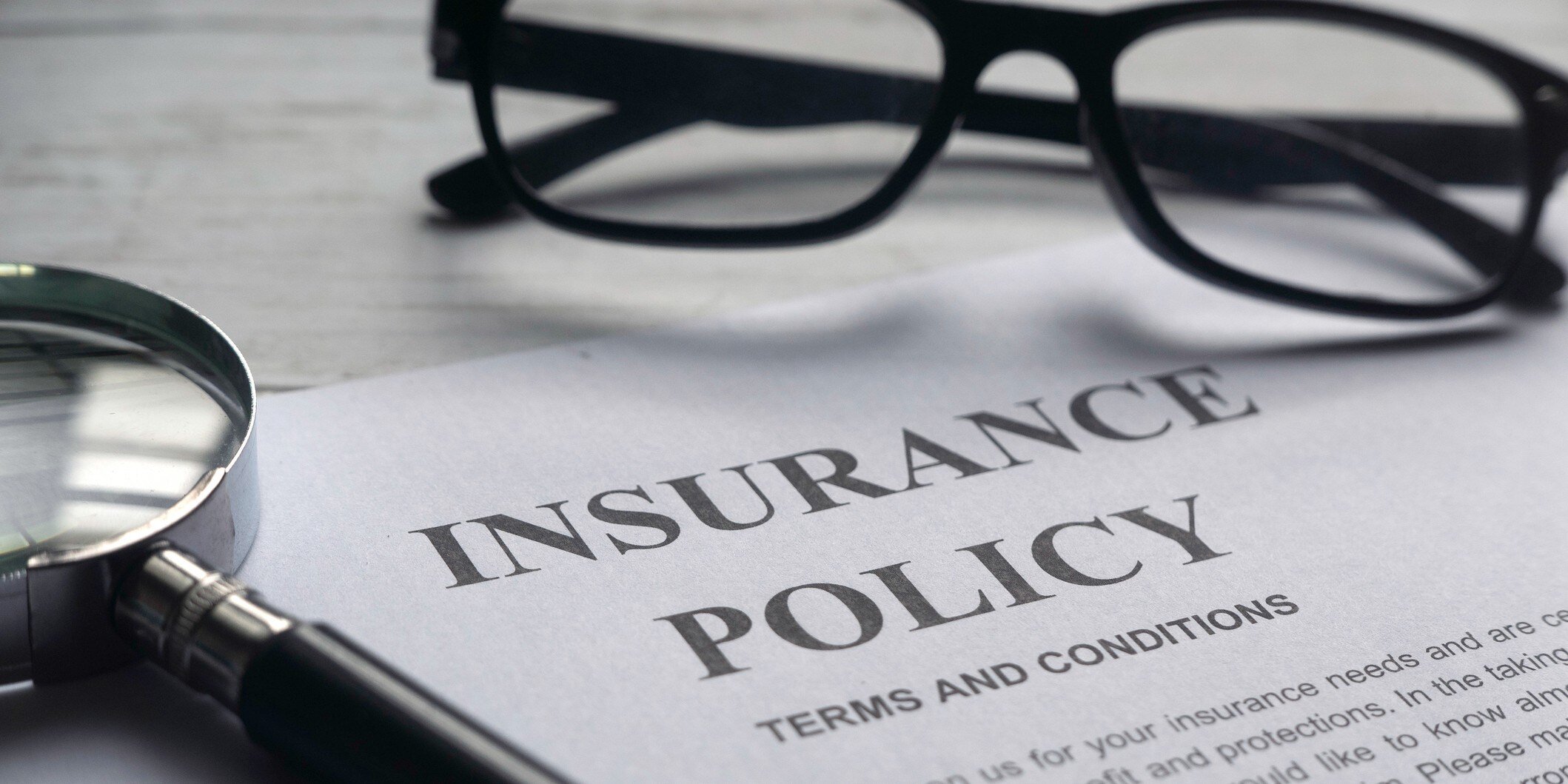Portable generators are vital during power outages but pose significant risks that must be addressed. Ensuring the safe operation of generators in public and affordable housing settings is crucial to protect both residents and staff.
Below are essential safety guidelines for housing professionals to mitigate hazards such as carbon monoxide poisoning, electric shock, electrocution, fires, and burns.
Carbon monoxide hazards
Improper generator use can lead to fatal carbon monoxide (CO) poisoning. According to Consumer Product Safety Commission data, from 2004 through 2021, portable generators were linked to at least 1,332 CO-related deaths, averaging 74 fatalities per year. Recently, fatalities have risen, with an average of 85 deaths annually between 2017 and 2019. Thousands of nonfatal poisonings also occur each year.
- Use portable generators outdoors in well-ventilated areas at least 20 feet from all doors, windows, and vent openings. Measure the 20-foot distance from the generator to the building.
- Never use generators inside buildings, such as garages, basements, or storage areas. Always position generators outdoors, away from doors, windows, and ventilation systems, to prevent CO from entering occupied areas.
- Monitor for symptoms of CO exposure, including dizziness, headaches, or weakness. If these symptoms occur, move to fresh air immediately.
- Follow the manufacturer's guidelines for safe operation and ensure all maintenance personnel are trained accordingly.
- Install carbon monoxide detectors in common areas and living spaces to provide early warning of dangerous CO levels.
Electrical hazards
.jpg?width=6000&height=4000&name=DSC04366%20(1).jpg)
Generators in multifamily buildings can present electrical risks, particularly in wet environments or during poor weather conditions. If proper precautions aren't taken, these risks can extend to maintenance personnel, contractors, and even residents.
- Protect the generator from moisture. In wet conditions, place the generator under open-air shelters. Elevate it on a sturdy, dry surface to avoid water exposure.
- Use heavy-duty, outdoor-rated extension cords to connect essential equipment. Ensure the cords are compatible with the generator's wattage output and are regularly checked for wear.
- Avoid overloading generators. Identify essential systems (such as emergency lighting or vital equipment) and ensure the load does not exceed the generator's capacity.
- Never attempt backfeeding. Plugging generators into wall outlets or circuit breaker boxes poses severe risks, including electrocution for utility workers and damage to the building's electrical system.
Fire hazards
Improper handling and storage of generator fuel can result in fires, especially in densely populated multifamily housing complexes.
- Store fuel in approved containers outside occupied buildings. Gasoline, propane, and other flammable liquids should be kept away from residential areas in properly labeled safety containers.
- Turn off the generator and allow it to cool before refueling. Spilled fuel on hot engine parts can ignite.
- Secure the generator area. Ensure residents, especially children, cannot access or tamper with operating generators.
Proper usage and maintenance
Regular maintenance and proper operation of generators are critical for multifamily housing complexes, where multiple residents rely on emergency power.
- Conduct routine tests of all generators. Regularly test generators under load conditions to ensure they are operational when needed.
- Adhere to a strict maintenance schedule. Check fuel levels, filters, and wiring before each use. Follow the manufacturer's guidelines to ensure safe and efficient operation.
- Power down generators before making connections to prevent electrical surges or accidents.
Noise and vibration

Portable generators can produce significant noise, which may disturb residents and disrupt the community atmosphere in multifamily housing environments.
- Position generators strategically to minimize noise impact. Consider using sound barriers or placing generators in less populated areas while ensuring proper ventilation.
- Secure generators on stable surfaces to reduce the risk of vibration-induced movement, which can damage nearby structures.
Emergency preparedness
Housing professionals should have an emergency plan for safely deploying and managing portable generators during power outages.
- Develop clear protocols for generator use. Ensure maintenance and security teams are trained in generator safety and understand the risks associated with improper operation.
- Communicate safety procedures with residents. While housing staff is responsible for generator operation, residents should be aware of basic safety precautions.
- Equip the premises with fire extinguishers suitable for electrical or fuel-related fires, and ensure all staff know their locations and how to use them.
These guidelines are designed to help public and affordable housing providers ensure the safe use of portable generators in multifamily settings. For legal or compliance concerns, consult with a legal advisor familiar with local regulations and safety standards.
This article is for general information only. HAI Group makes no representation or warranty about the accuracy or applicability of this information for any particular use or circumstance. Your use of this information is at your own discretion and risk. HAI Group and any author or contributor identified herein assume no responsibility for your use of this information. You should consult with your attorney or subject matter advisor before adopting any risk management strategy or policy.






